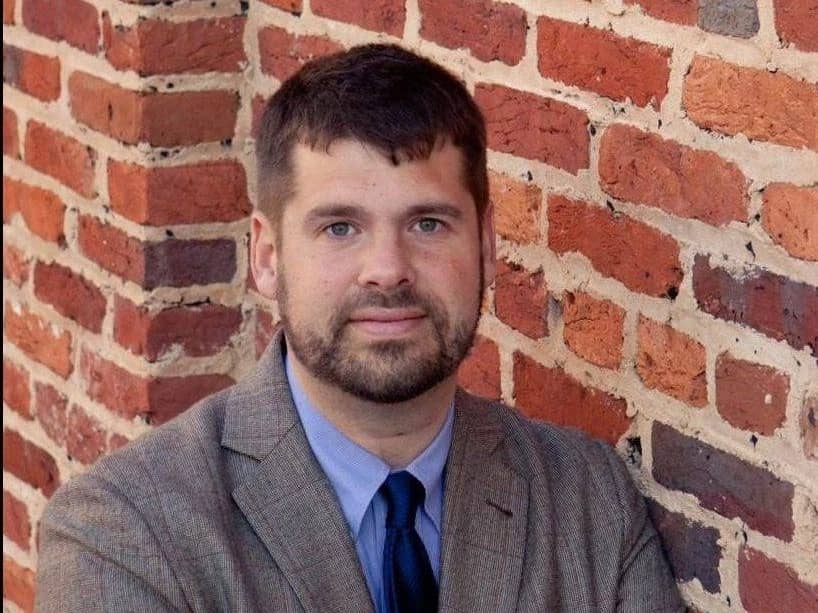위키 구독하기
Share wiki
Bookmark
Matthew Green
0%
Matthew Green
Matthew Green은 개인 정보 보호, 신원 및 규정 준수 시행에 중점을 둔 블록체인 플랫폼인 Sealance의 공동 창립자입니다. 그는 또한 Zcash를 만든 7명의 과학자 중 한 명이며 존스 홉킨스 대학교 컴퓨터 과학 분야의 부교수입니다. [1][2]
교육
Matthew Green은 오벌린 칼리지에서 교육을 시작하여 컴퓨터 과학 및 전자 음악 학사 학위를 1998년에 졸업했습니다. 학부 연구를 바탕으로 Green은 2003년부터 2008년까지 존스 홉킨스 대학교에서 컴퓨터 과학 박사 학위를 취득했습니다. [3]
경력
Matthew Green의 경력은 AT&T에서 시작되었으며, 1999년 6월부터 2004년 6월까지 AT&T Labs에서 선임 기술 스태프로 근무하며 통신 분야에서 경험을 쌓았습니다. [4]
AT&T에서 근무한 후 Green은 Independent Security Evaluators에서 최고 기술 책임자(CTO) 역할을 맡아 2005년부터 2011년까지 회사의 노력에 기여했습니다. [4]
2011년 Green은 Cryptography Engineering LLC를 설립하여 최고 과학자로 근무했습니다. [4]
존스 홉킨스 대학교
동시에 Green은 2009년 11월부터 2015년 8월까지 존스 홉킨스 대학교에 연구 조교수로 합류하여 학계에 참여했습니다. 그의 책임에는 이 거의 6년 동안의 연구 기여 및 학술 리더십이 포함되었습니다. 이 기간 동안 그는 "암호화 엔지니어링에 대한 몇 가지 생각"이라는 블로그를 작성했는데, 이 블로그는 출시 당시 꽤 인기를 얻었습니다. [4][8]
이러한 토대를 바탕으로 그는 존스 홉킨스 대학교의 조교수 직위로 승진하여 2015년 9월부터 연구 및 교육에 적극적으로 참여하고 있습니다. 그런 다음 2018년 7월 Green은 존스 홉킨스 휘팅 공과대학의 부교수 역할을 맡아 컴퓨터 과학 교수로 계속 봉사하고 있습니다. [4][5]
블록체인 경력
Matthew Green은 2010년에서 2011년 사이에 비트코인을 처음 발견했는데, 그는 이 새로운 기술에 대해 회의적이었고 처음에는 작동할 것이라고 믿지 않았습니다. 그러나 그는 곧 비트코인이 실제로 작동할 수 있지만 특히 보안과 관련하여 내부 작동에 많은 문제가 있다는 것을 깨달았습니다. [6]
"저는 2010년 2011년에 비트코인을 발견했고 제 첫 번째 본능은 이것이 작동할 수 없다는 것이었고, 몇 주 후에 제가 틀렸다는 것을 알게 되었지만 많은 문제가 있다는 것을 알게 되었고 그 문제 중 하나는 비트코인에 개인 정보 보호가 없다는 것이었습니다."
그래서 존스 홉킨스에서 근무하는 동안 그는 암호화폐, 특히 웹3 공간 내에서 분산화를 유지하면서 비트코인의 개인 정보 보호 문제에 대한 해결책을 제시하는 주제에 대해 학생들과 여러 차례 논의했습니다. 이러한 논의는 영지식 증명을 사용하는 개인 정보 보호 프로토콜에 대한 아이디어로 이어져 Zcash에 대한 아이디어를 촉발했습니다.
"제 대학원생들과 저는 그 문제를 해결하는 방법을 알아내는 데 많은 시간을 보냈고 그 결과는 궁극적으로 개인 정보 보호 통화인 Zcash라는 것이었습니다."
그런 다음 2014년에 Matthew Green은 다른 6명의 연구원과 함께 Zcash를 만들었고, 이는 나중에 2016년 10월 28일에 출시되었습니다. [7]
Sealance
2021년 8월 Green은 플로리다주 마이애미에서 Sealance Corp.의 공동 창립자가 되었습니다. 현재 그는 정규 팀원으로 근무하며 현재 블록체인 플랫폼의 문제(규정 준수, 개인 정보 보호 및 기존 금융 인프라와의 호환성 포함) 해결에 중점을 두고 있습니다. [4][6]
"우리는 사람들이 개인 정보를 채택할 수 있도록 만드는 방법을 알아내야 합니다. 개인 정보 보호 도구의 일부 문제를 해결할 수 있으며 이는 규정 준수 문제를 해결하고 기존 금융 인프라와 호환되는 시스템을 구축하는 방법을 알아내는 것을 의미합니다."
"Sealance는 두세 가지 정말 중요한 일을 합니다. 첫째, 암호화폐에 개인 정보를 추가하고, 둘째, 당신이 누구인지에 대한 신원 개념을 추가하고, 셋째, 당신이 할 수 있는 일과 할 수 없는 일이 있다는 정책 개념을 추가합니다."
잘못된 내용이 있나요?
